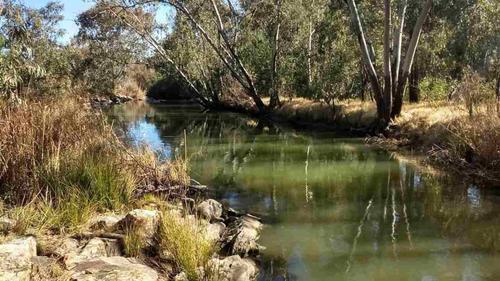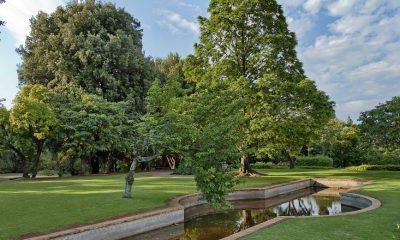News
Environmental crisis – Blesbokspruit ecosystem under threat from repeated sewage spills

Ekurhuleni has been grappling with a long-standing sewage spill in Blesbokspruit, raising concerns about the environmental impact and potential risks to local wildlife. However, despite ongoing reports and concerns from residents and environmental experts, the City of Ekurhuleni (CoE) maintains that it adequately addresses the situation.
The Blesbokspruit, a vital wetland site recognised internationally under the Ramsar Convention, has been plagued by a persistent sewage problem for years. Imraan Karolia, a resident of Bakerton living close to the Ramsar site, describes the issue as a drainage problem that leads to water accumulation, emitting a foul odour resembling sewage or even a sharper scent like sulphuric acid.
Philip de Jager, the chairperson of the Grootvaly Blesbokspruit Trust, reveals that the CoE has received numerous reports regarding the sewage spill. Still, their efforts to address the issue have been insufficient. While there was a temporary halt in the spill during 2022, it quickly resumed, particularly from Slovo Park, further jeopardising the integrity of this pristine wetland site in Gauteng.
Also read: Rand Water’s 59-Hour Maintenance to Impact Ekurhuleni
The presence of human waste in the wetland poses severe environmental risks. The Blesbokspruit is a vital habitat for various species of local migrant waterbirds and mammals. However, the excessive fertilisation caused by human waste disrupts the balance of the ecosystem, affecting the availability of sunlight for water animals and leading to the alteration of plant life. Disturbingly, one bird species has already ceased migrating to the wetland, and experts like Moatlhodi Pitse, a researcher and local pastor, believe that the sewage contamination is to blame.
The municipality claims to be aware of the leaking sewer maintenance holes. It has assigned the water and sanitation team to address the issue. According to the CoE, it had completed the repairs for the identified leaks. However, it encouraged the public to report any further leaks for prompt action. The CoE has also partnered with the Gauteng Department of Agriculture and Rural Development and the National Department of Water and Sanitation to manage the Ramsar site. Their efforts include biological control initiatives in collaboration with Rhodes University and physical removal through an Expanded Public Works Programme.
While the municipality asserts its commitment to managing and preserving the Ramsar site, the persistence of the sewage spill raises questions about the effectiveness of the measures taken thus far. The Blesbokspruit, once a celebrated wetland of international importance, now faces the imminent risk of losing its Ramsar status due to the continued deterioration caused by sewage contamination. As concerned residents and environmental advocates await tangible solutions, the urgency to address this ecological crisis remains paramount.
Source: Recurring sewage spill threatens Blesbokspruit ecosystem
Also read:
Picture: Instagram / saki_marais
Follow us on Google News.






















